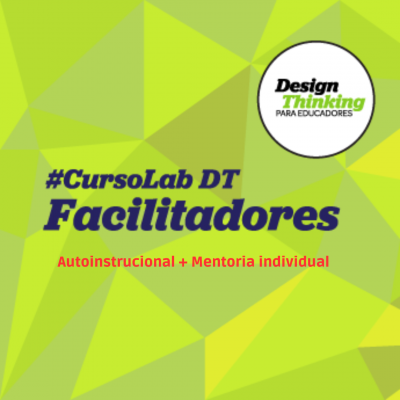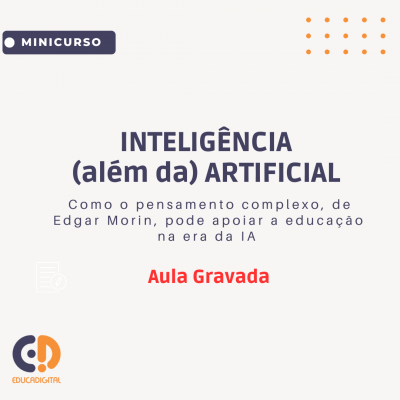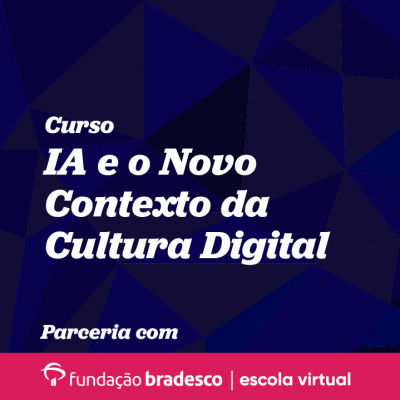Educadigital Institute has been produced unprecedent publication addressed to educational publishers and edtech startups
Translated by Viviane Vladimirschi
(see the original post on OGP-Brazil)
 On November 29, the Centro de Inovação para a Educação Brasileira (CIEB) launched the study entitled “Open Innovation in Education- Concepts and Business Models” during the I Encontro Brasileiro de Governo Aberto (I Brazilian Meeting with the Open Government) in São Paulo. The study, conceived and written by Priscila Gonsales and Débora Sebriam of Instituto Educadigital, and relied on the colaboration of Viviane Vladimirschi, a researcher on open education at Athabasca University, is aimed at exploring how the open innovation movement can impact the educational market. To achieve this, the study explores and addresses public policies that provide incentives for digital resources, ways for companies and start-ups to be financially sustainable, the role of private investment and opportunities and challenges for the creation of a scenario that is conducive to open innovation in education by valuing plurality, collaboration and transparency.
On November 29, the Centro de Inovação para a Educação Brasileira (CIEB) launched the study entitled “Open Innovation in Education- Concepts and Business Models” during the I Encontro Brasileiro de Governo Aberto (I Brazilian Meeting with the Open Government) in São Paulo. The study, conceived and written by Priscila Gonsales and Débora Sebriam of Instituto Educadigital, and relied on the colaboration of Viviane Vladimirschi, a researcher on open education at Athabasca University, is aimed at exploring how the open innovation movement can impact the educational market. To achieve this, the study explores and addresses public policies that provide incentives for digital resources, ways for companies and start-ups to be financially sustainable, the role of private investment and opportunities and challenges for the creation of a scenario that is conducive to open innovation in education by valuing plurality, collaboration and transparency.
Our modern society, which has been influenced by the digital revolution and by widespread access to information, has often questioned the existing economic model. As opposed to the capitalist economy focused on competition for the sole purpose of profit, the concept of Economy of the Common Good has arisen and this economy is based on values such as collaboration, sharing and plurality.
It is within this context that the concept of Open Innovation emerged. The term was first coined in the early 2000s with basis on studies conducted by Professor Henry Chesbrough, PhD in Business Administration and Director of the Center for Open Innovation at University of California, Berkeley. The central idea behind open innovation is that innovation ceases to be something restricted to the private sphere of large corporations. Instead, it should be viewed as an action promoted by the engagement of multiple social actors, transparency and co-creation.
Open Education shares common goals with this line of thinking since its goal is to seek sustainable alternatives to some of the barriers that affect the right to a high-quality education.
“During the last decade, Open Education has gained strength in different sectors of society, generating access to knowledge, innovating pedagogical practices, promoting a culture of sharing and also fostering a new demand for resources and services that promote this exchange and the construction of knowledge in a collaborative manner.”
In order for Open Education to be further enabled, there needs to be engagement and dialogue between the State, the private sector and the civil society. One of the best-known fronts or enabler of this dialogue are Open Educational Resources (OER), which are defined by UNESCO as “teaching, learning and research materials in any medium, digital or otherwise, that reside in the public domain or have been released under an open license that permits no-cost access, use, adaptation and redistribution by others with no or limited restrictions.”
The challenge, in the case of the private sector, is to find viable business models from open resources. Using as references cases of companies that are aligned with a collaborative economy, what is presented as a viable model is to evaluate financial sustainability under a different lens as well as products that are ready or created for a single purpose and that generate value from services and activities that are more flexible and customizable. As a result, more autonomy can be given to managers and teachers when there is a better dialogue between public policies and private social initiatives or social business initiatives resulting in satisfactory and innovative results.
This is the path taken by the study “Open Innovation in Education – Concepts and Business Models”, which based on some questions such as: How can the open innovation scenario contribute to the disruptive changes we want to bring to education? What does it mean and what are the implications of implementing the principle of ‘having more access is more important than possessing’ in the education market? and What is the responsibility of the business world in upholding the guarantee of education as a social right? This study shows the importance not only of thinking about innovative educational systems but also of considering innovation as something that goes beyond the technological device and that must be constructed in order to empower the actors of the education ecosystem.
A partnership between the Centro de Inovação para a Educação Brasileira (Center of Innovation for Brazilian Education – CIEB) and the Instituto Eduadigital (Educadigital Institute) was established during the Co-creation Workshop on Education of the 3rd Action Plan of the Partnership for Open Government (Oficina de Cocriação sobre Educação do 3º Plano de Ação na Parceria para Governo Aberto – OGP).





